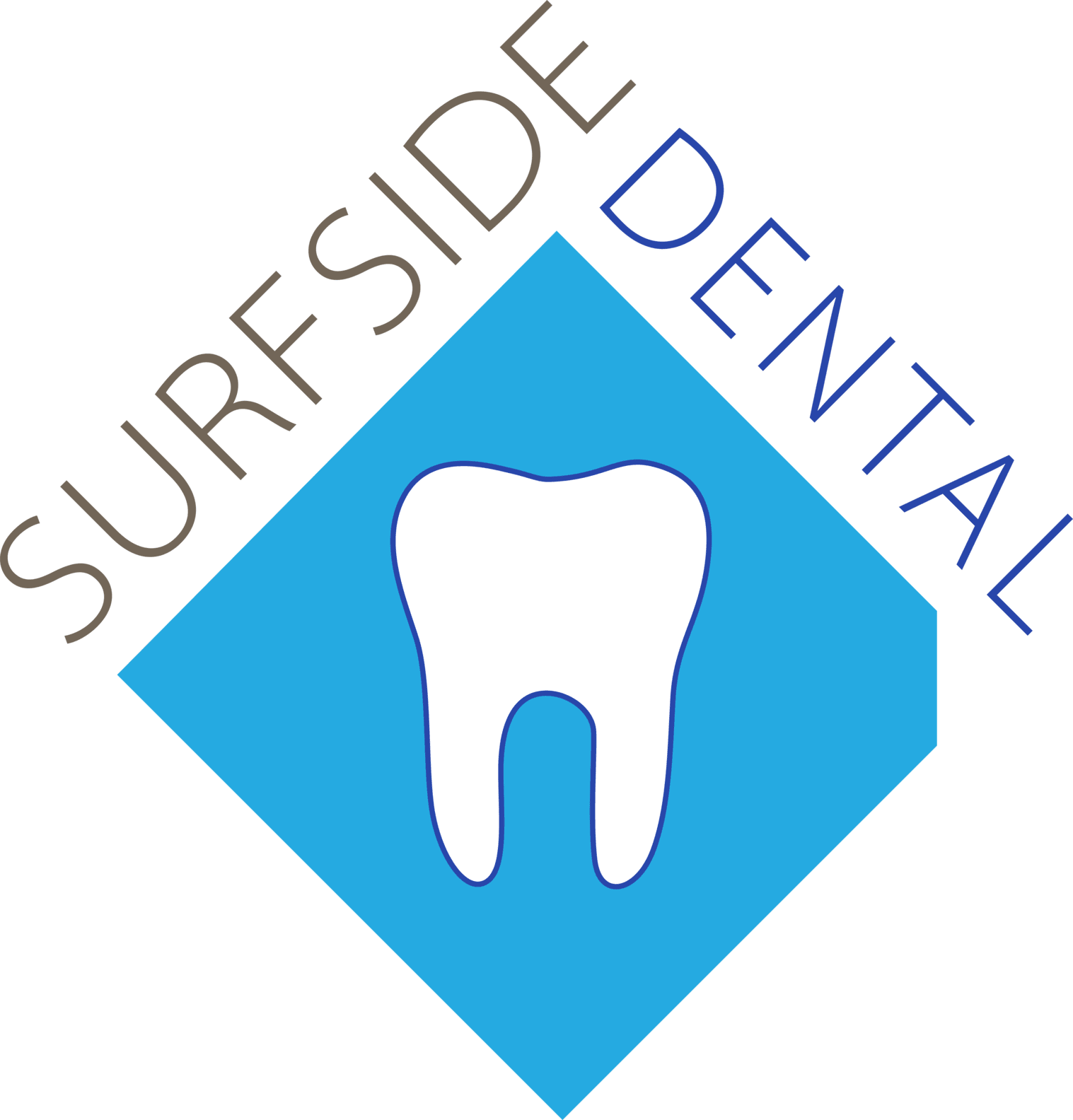Oral Surgery | Save Your Teeth and Smile
When a dentist mentions “oral surgery,” many patients begin to panic. Most patients think that there is something seriously wrong with them, or that they are going to be undergoing a dangerous, painful, and expensive procedure. The truth is, however, that many oral surgery procedures are commonplace and address conditions that many patients of all ages experience, such as impacted wisdom teeth, sleep apnea, or tooth loss. While every case is different, many of these procedures are completed on an outpatient basis, and patients can resume work and normal activities within a few days. It is also true that many dentists recommend that you see an oral surgeon because in some cases, the surgeon may advise us that there are other, nonsurgical, treatments available. If you are apprehensive about a referral to an oral surgeon, speak with us at your next dentist appointment.
List of Services
-
Dental Implants
Dental implants have changed the way dentistry has evolved over the last 25-years. A dental implant is a replacement for the root of a tooth. They are used to secure crowns to the jawbone using titanium and titanium alloy. These metals are used because they are lightweight and biocompatible – which means they are not rejected by our bodies. Dental implants are used to replace teeth that have been affected by decay, disease, oral cancer, or a number of causes such as smoking, alcoholism, or injury. Dental implants require a procedure to create channels in the jawbone so the implants can be fitted with intimate contact with the jaw. Implants generally require 3-6-months for the bone to fuse with the titanium rod before we can place a tooth restoration (a crown or bridge), to complete the process.
-
Wisdom Tooth Extraction
A wisdom tooth extraction is the removal of wisdom teeth. Wisdom teeth are our last teeth to erupt and are located in the back bottom and top corners of our mouths. They usually come in between the ages of 16-21 and while some patients may not have any issues with them, it is better to have them removed as there are typically more issues leaving them in. These issues could include a lack of room for them to properly erupt, they can become impacted and cause pain, oral infections, or other oral health issues. Oftentimes, our office will suggest wisdom tooth removal as a preventive measure. A wisdom tooth extraction is an outpatient procedure that only takes a few days to fully recover form.
-
Reconstructive
Accidents happen due to sports injuries, falls, work-related incidents, or any kind of trauma, and when it involves our face, it can be frightening and stressful. That is why you should book an appointment with us so we can determine the best course of action. Dental surgery for facial reconstruction breaks down into two categories – soft tissue injuries and fractures.
Soft tissue injuries include trauma to the skin or gums, such as cuts on the inside of the cheek, lips, or tongue. Soft tissue injuries also include lacerations on the soft or hard palate.
Fractures relate to the tiny bone tissue in our mouths, and includes reconstruction to the jawbone and teeth. Larger reconstructive surgeries go into the nasal cavities and the forehead, if the facial injuries are severe enough. In some cases, reconstructive surgery utilizes dental implants along with other methods of treatment and mechanics to repair jaw alignments and bone structure.
-
Orthodontics
Surgical orthodontics treats complex orthodontic cases that involve the skull, face, mouth, and jaw. To be an ideal candidate for surgical orthodontics, your jaw needs to be finished growing. When the jaw stops growing, usually between ages 16-18, braces alone may not be able to properly align all aspects of your bite. Surgery may be required to attain the perfect smile you have always wanted.
Receiving surgery varies from patient to patient. Most patients usually start with wearing braces to align their teeth. Once aligned, surgery can be scheduled. You will need to continue wearing your braces for 6-12-months after surgery to make any last-minute adjustments to your smile. Surgery is usually done in a hospital and can take several hours. Depending on your surgery and the complexity of your case, the recovery times vary. Recovery could be as little as 2-3-weeks, to as much as 12-months, or longer.
Being able to look in the mirror and smile, genuinely, at the way you feel about yourself, is one of the biggest and best benefits to orthodontic surgery. There is no better feeling than having the surgery, getting your braces off, and going through the recovery. The way you will feel post-surgery is worth the wait. But why wait? Contact us today to see if you are an ideal candidate for surgical orthodontics.
